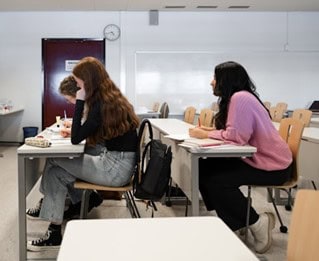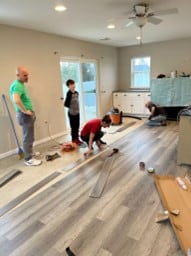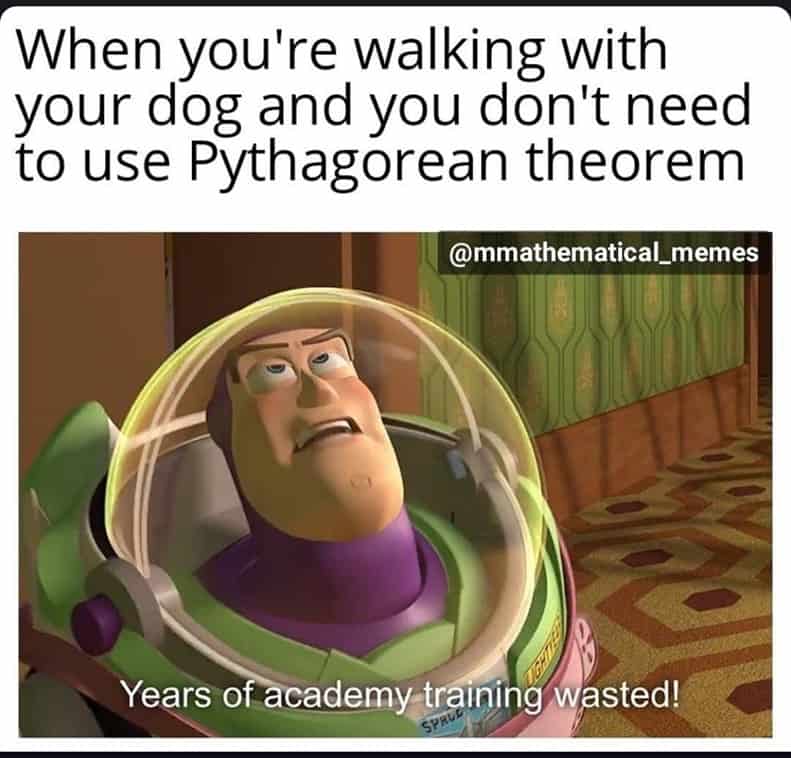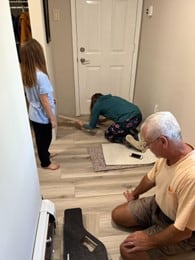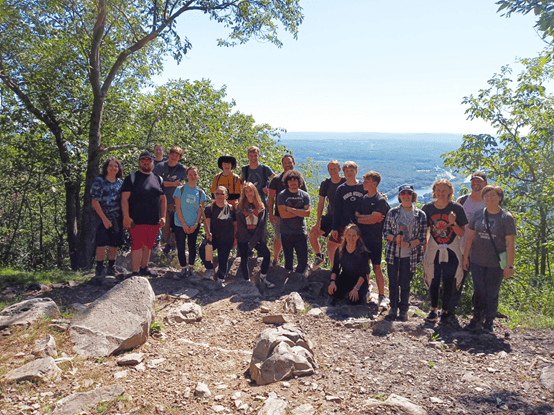As the academic year nears its end, students across Pennsylvania are gearing up for the Keystone State Testing and PSSA exams. For grades 6, 7, and 8, these assessments are not just a routine part of the educational calendar; they are pivotal moments that offer students the chance to showcase their knowledge and skills acquired throughout the year. Below is a comprehensive guide for PA cyber charter school students and parents, to help them prepare effectively for these important testing modules.
Understanding the Purpose of Standardized Testing
The Pennsylvania System of School Assessment (PSSA) and Keystone Exams are cornerstones of the Pennsylvania Department of Education’s efforts to assess student learning and ensure educational standards are met across the state.
The PSSA exams are administered annually to students in grades 3 through 8. These assessments evaluate students’ proficiency in English Language Arts (ELA) and Mathematics, providing valuable insights into their understanding of core academic subjects. Additionally, 8th grade students undergo a Science assessment as part of the PSSA exams, further broadening the scope of subjects covered.
On the other hand, the Keystone Exams are high-stakes assessments that specifically target three key subject areas: Algebra I, Biology, and Literature. These exams are not only designed to evaluate proficiency but also serve as graduation requirements under Act 158 of the Pennsylvania Department of Education. Students must demonstrate proficiency in these subjects to fulfill their graduation requirements, emphasizing the significance of these assessments in shaping students’ academic trajectories.
By evaluating student proficiency in these key subject areas, the PSSA and Keystone Exams provide educators, parents, and policymakers with valuable data to gauge the effectiveness of curriculum, instructional practices, and overall educational outcomes. Furthermore, these assessments help identify areas where additional support and intervention may be needed to ensure all students have the opportunity to succeed academically.
Both the PSSA and Keystone testing modules serve as critical tools for assessing student learning and ensuring educational standards are met in Pennsylvania. By evaluating proficiency in core subjects such as ELA, Mathematics, Science, Algebra I, Biology, and Literature, these assessments play a vital role in shaping students’ academic journeys and preparing them for future success.
Preparation Tips for Success
- Take the Tests Seriously: Parents are asked to emphasize the importance of these exams with their child. Encourage them to approach the tests with a positive attitude and a determination to do their best.
- Review Throughout the Year: Effective preparation starts long before test day. Teachers and parents should encourage regular review of class materials, completion of homework assignments, and active participation in class discussions in preparation for testing.
- Practice with Past Papers: Familiarize your child with the format and types of questions they will encounter on the exams by practicing with past papers or sample questions available online.
- Arrive Prepared and On Time: It’s important that the student receives a good night’s rest before each testing day. Arrive at the testing site on time to avoid unnecessary stress and disruptions.
- Bring Necessary Materials: Remind students to bring essential items such as a calculator, water bottle, snacks, and any required testing materials.
- Follow Testing Guidelines: Parents should try to familiarize themselves and their children with the testing guidelines provided by the school, including rules regarding electronic devices and testing room procedures.
Test Day Logistics
For PSSA exams, these tests will take place on April 23rd, 24th, and 25th, starting promptly at 8:00 AM. Dismissal will be at 2:00 PM on April 23rd and 12:00 PM on the following days.
For Keystone exams, grade 8 students will be assessed in Algebra I, Biology, and Literature on May 14th, 15th, and 16th respectively. These exams start at 9:00 AM and conclude at 1:00 PM each day.
During testing, students are not permitted to leave the testing session until all students have completed their test. Additionally, cell phones and electronic devices must be collected prior to testing as per PDE guidelines.
Parental Support
As a parent, your role in supporting your child during their testing experience cannot be overstated. Your words of encouragement and reassurance can significantly impact their mindset and approach towards the exams. Here’s why your support is crucial and how you can effectively convey it to your child:
- Emotional Support: Testing can be stressful for many students, as they may feel pressure to perform well. Reassurance that you are proud of their efforts, regardless of the outcome, can alleviate some of this stress. Let them know that you believe in their abilities and that their worth is not defined by their test scores.
- Focus on Effort and Growth: Remind your child that what matters most is the effort they put into their preparation and their commitment to learning and growth. Encourage them to view the testing experience as an opportunity to demonstrate their progress and skills, rather than just a measure of their intelligence or abilities.
- Celebrate Achievements: Regardless of the test results, take the time to celebrate your child’s achievements and hard work. Recognize their dedication to their studies and acknowledge the progress they have made throughout the year. Celebrating small victories can boost their confidence and motivation.
- Provide Perspective: Help your child understand that test scores are just one aspect of their academic journey. Emphasize the importance of learning from mistakes, seeking help when needed, and continually striving for improvement. Encourage them to focus on their long-term goals and the skills they are developing, rather than getting caught up in the pressure of a single test.
- Maintain Open Communication: Create a supportive environment where your child feels comfortable discussing their thoughts and feelings about testing. Listen attentively to their concerns and provide encouragement and guidance as needed. Reassure them that you are there to support them every step of the way.
- Promote Balance: Encourage your child to maintain a healthy balance between studying and self-care. Remind them to take breaks, get plenty of rest, and engage in activities they enjoy to alleviate stress and maintain overall well-being.
By providing unwavering support and encouragement, you can help your child navigate the testing experience with confidence and resilience. Remember that your words and actions have a profound impact on their mindset and self-perception, so it’s important to continue to be their biggest cheerleader throughout their academic journey.
In Conclusion
Preparing for the Keystone State Testing and PSSA exams requires dedication, focus, and effective planning. By following these tips and guidelines, students can approach test day with confidence, knowing they have put in the effort to showcase their knowledge and skills. Remember, these exams are not just about assessment; they are opportunities for students to demonstrate their academic achievements and readiness for future success.


